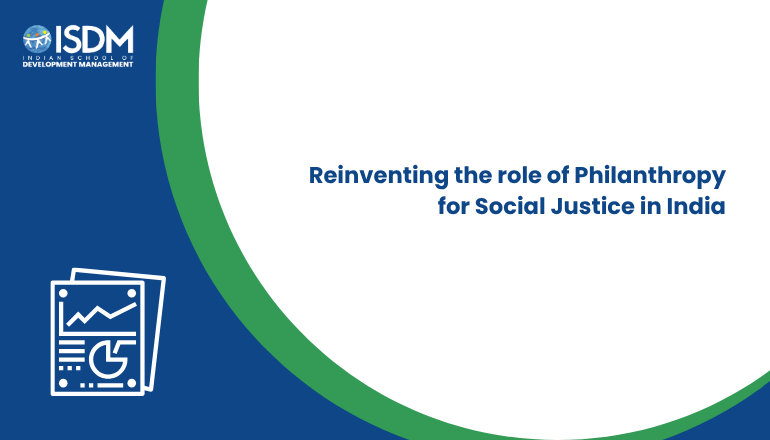Home > Development Management > Reinventing the role of Philanthropy for Social Justice in India

Interested in the full story?
Access the complete case study to learn more
Urvi Shriram
No ratings yet
|
|
Thank you for Signing Up |

